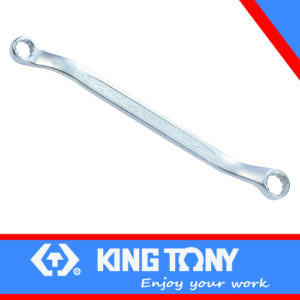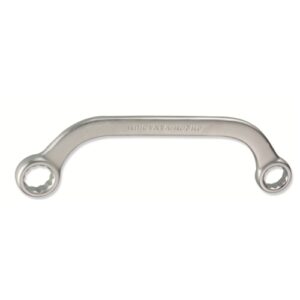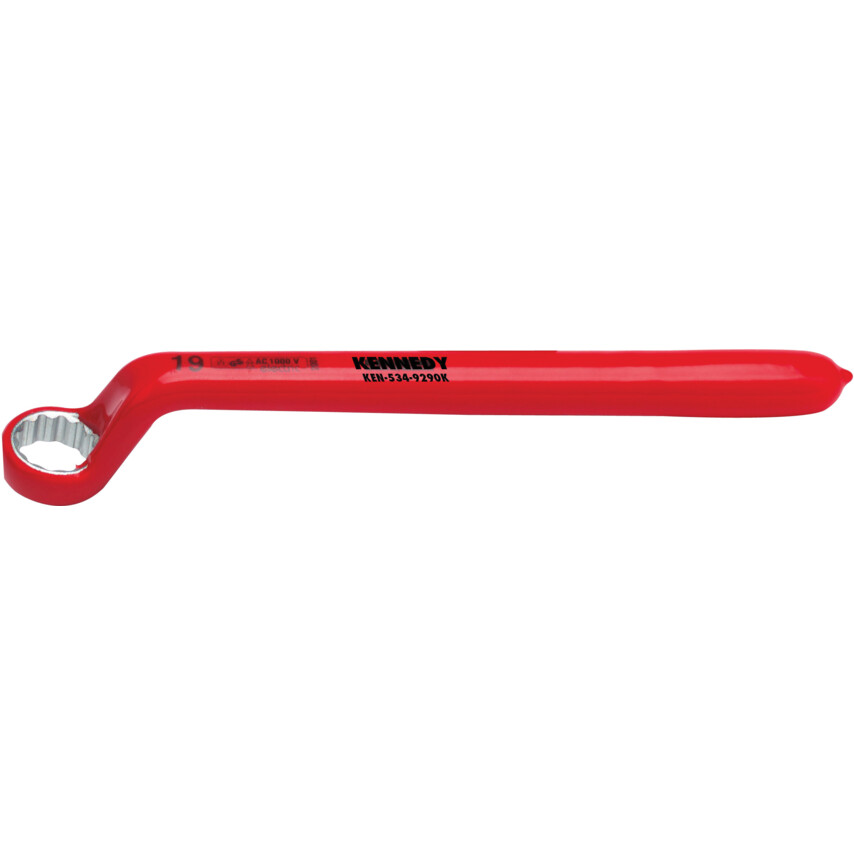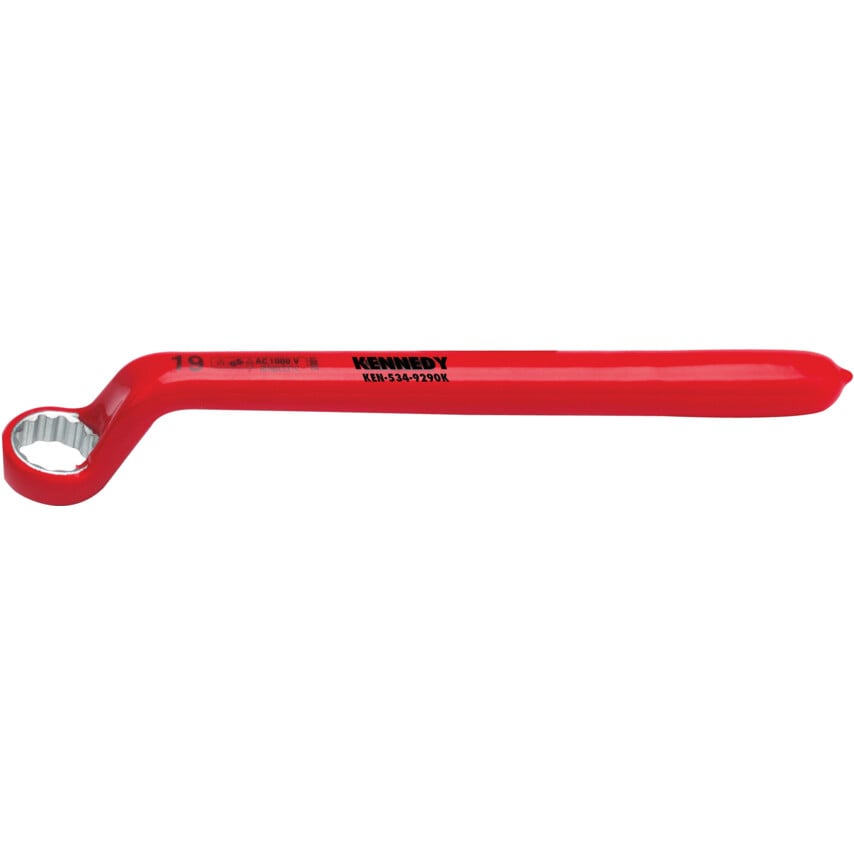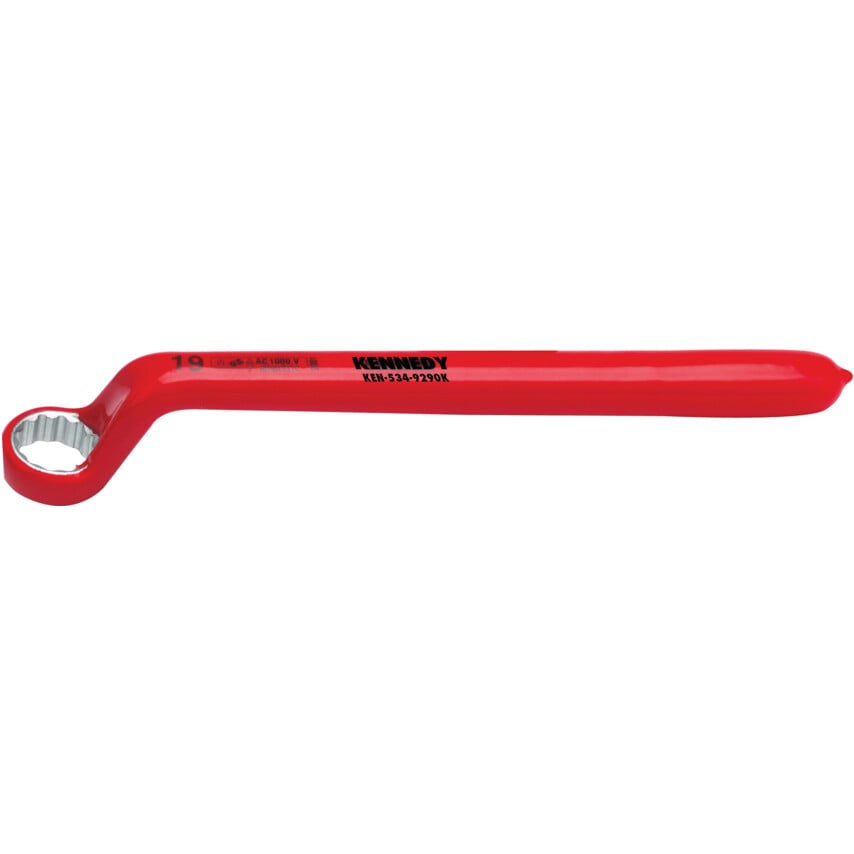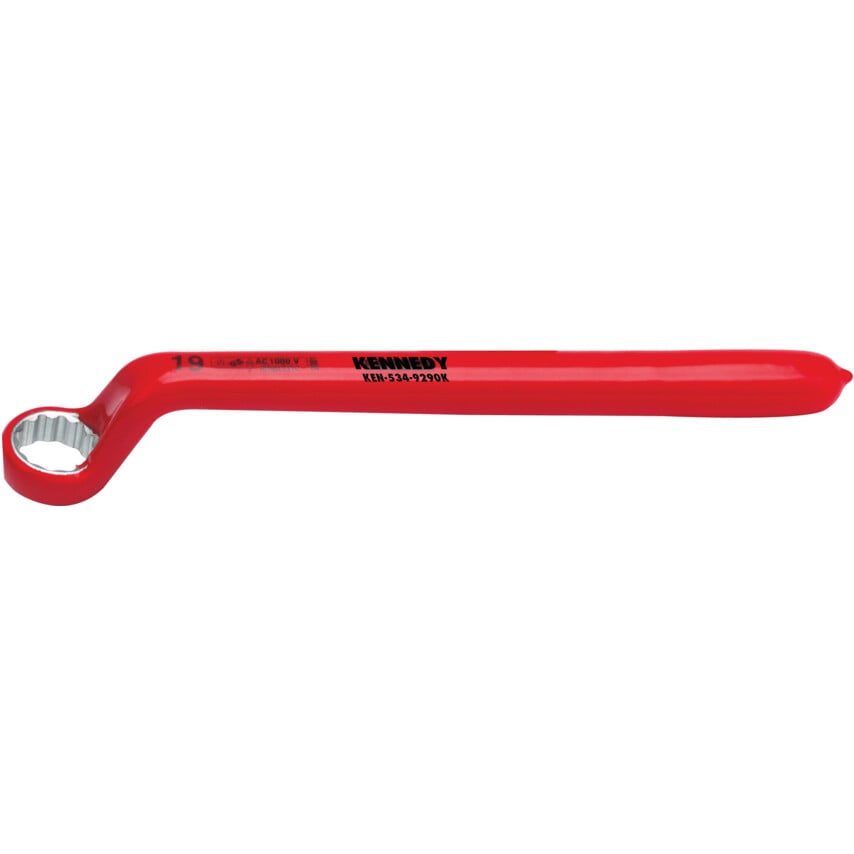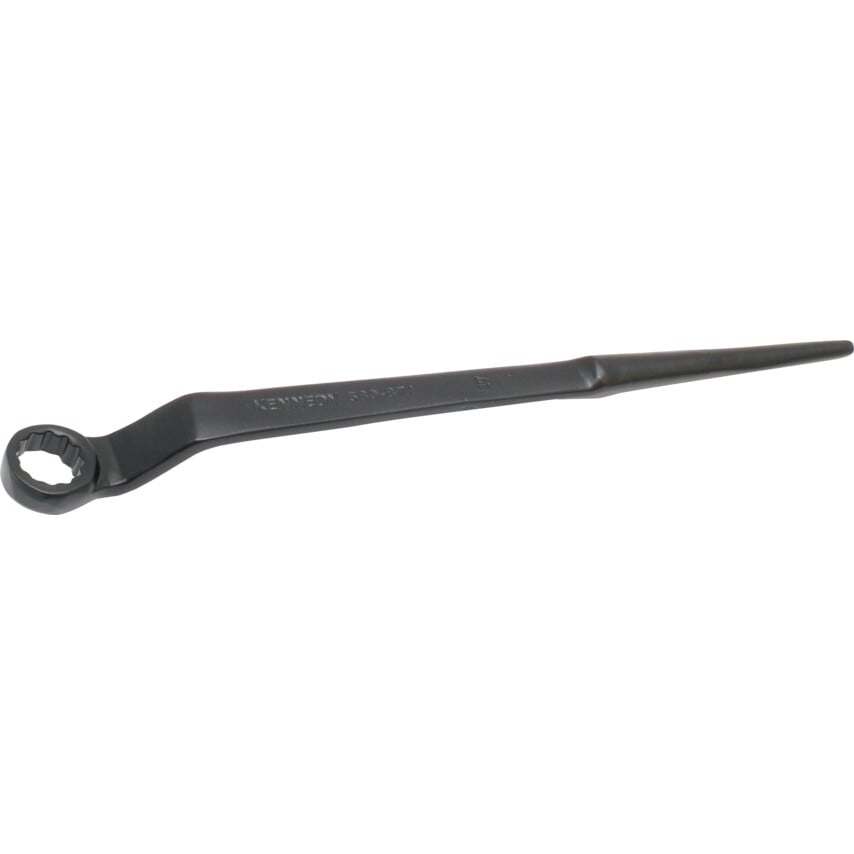Ring spanners, also known as ring wrenches, are hand tools designed for gripping and turning nuts and bolts. They feature a closed-loop design that provides a secure grip on fasteners. Here’s a detailed overview:
Features:
- Ring-End Design:
- Closed Loop: The end of the ring spanner has a closed, circular shape that fits around the nut or bolt. This design offers a more secure and even grip compared to open-end wrenches.
- Profile Variations: The ring end can come in various profiles such as 6-point (hexagon), 12-point (double hexagon), or other specialized shapes to fit different types of fasteners.
- Materials:
- Construction: Typically made from high-strength steel or chrome vanadium, ensuring durability and resistance to wear.
Uses:
- Secure Grip: Provides a secure grip on fasteners, reducing the risk of rounding off the corners and improving torque application.
- Variety of Applications: Suitable for various tasks including automotive repairs, mechanical work, and general maintenance.
Advantages:
- Even Distribution of Force: The closed-loop design evenly distributes the force applied, which reduces the risk of slipping and damage to the fastener.
- Durability: Offers a robust and reliable grip, making it ideal for heavy-duty tasks.
Other Known Names:
- Ring Wrenches: The most common alternative name.
- Closed-End Wrenches: Sometimes used to describe wrenches with a closed, circular end, although this term can be more generic.
- Box-End Wrenches: Often used interchangeably with ring spanners, especially if the ring end is designed for socket use.
Ring spanners are essential tools for ensuring a secure grip on fasteners and are valued for their durability and effectiveness in various mechanical and maintenance tasks.
Showing 29–35 of 35 results
- 1
- 2
